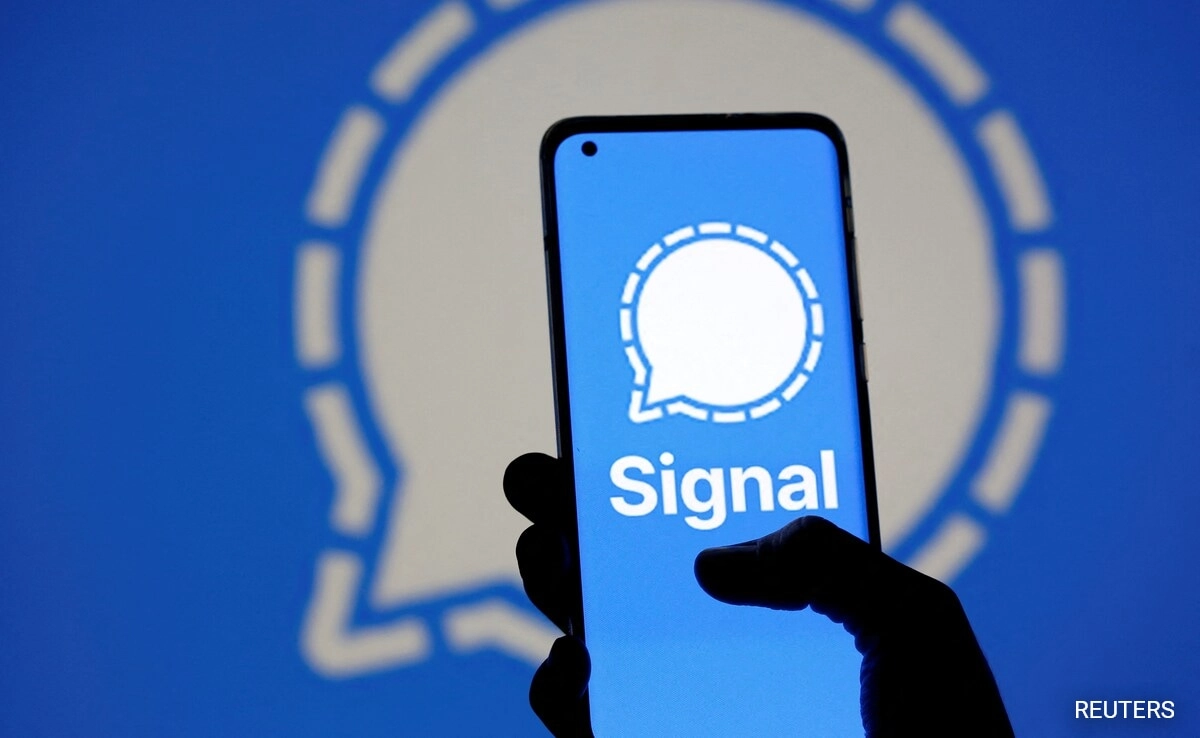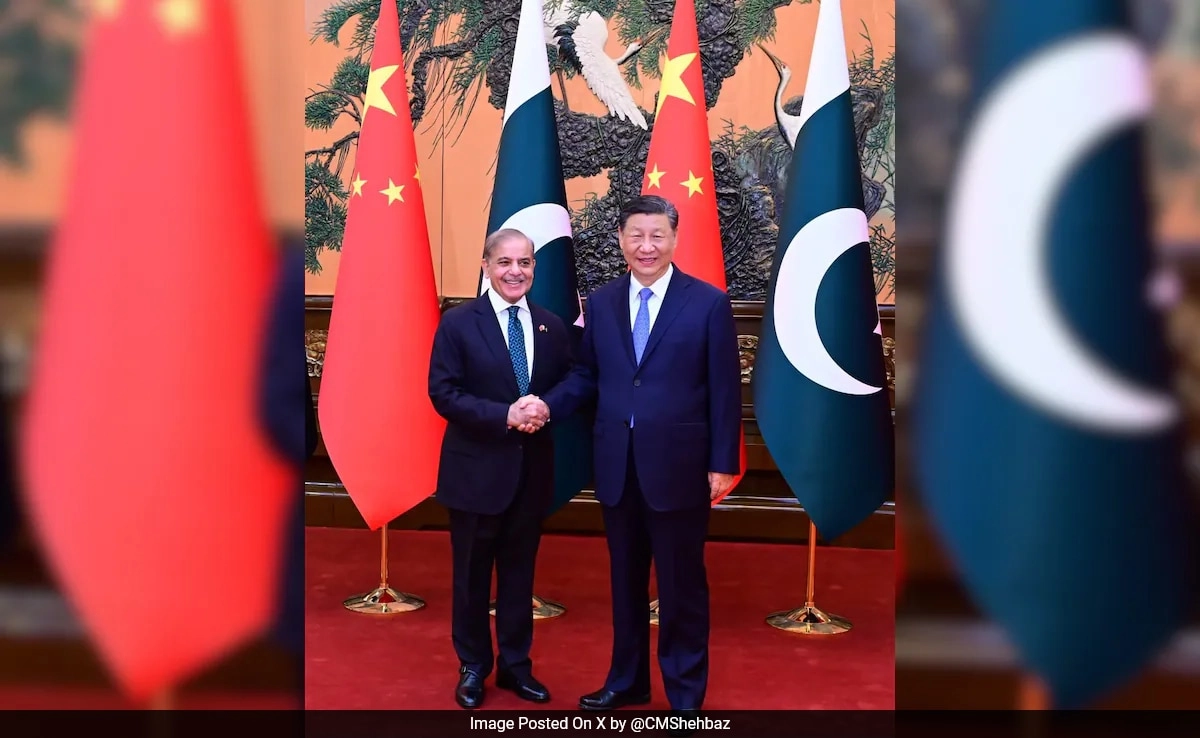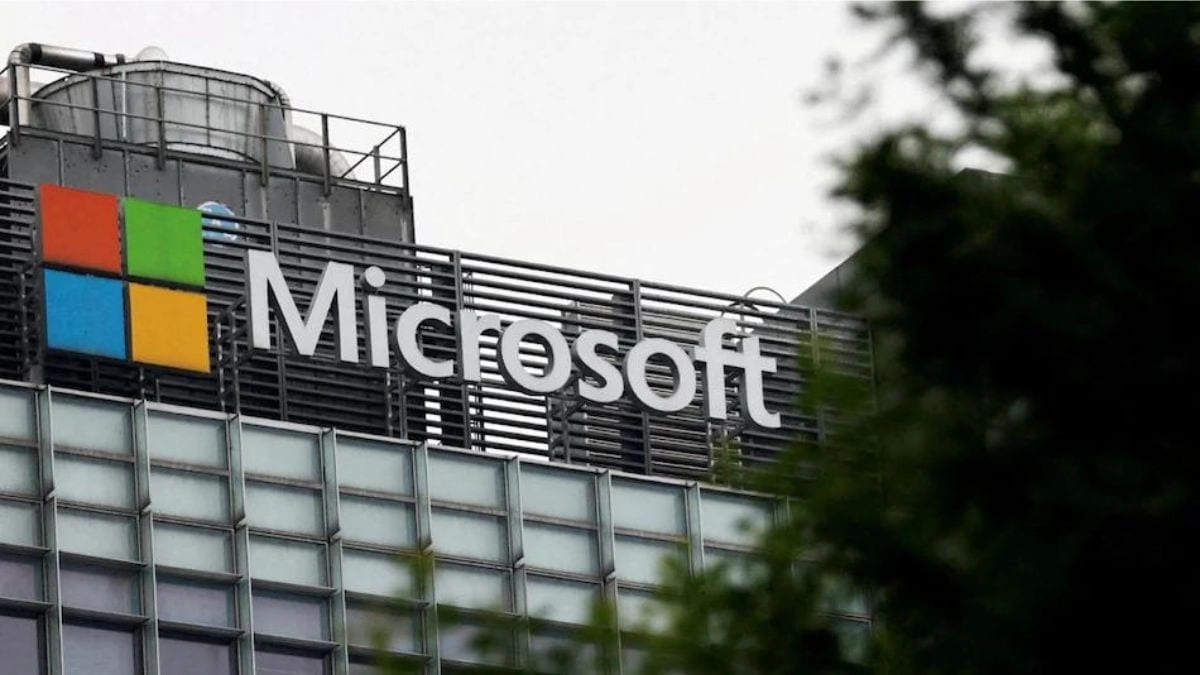In a recent leak, officials from the Trump administration were recorded expressing disparaging views about European allies, referring to them as “freeloading” and “pathetic.” This revelation has sparked significant controversy and raised questions about the U.S. administration’s diplomatic approach towards its long-standing partners. The conversation, characterized by a tone of disdain, reflects a growing rift between the United States and Europe, particularly concerning defense spending and contributions to NATO. The officials’ choice of language suggests a perception that European nations are not pulling their weight in terms of military funding and support, which has historically been a contentious issue within the alliance.
The leaked remarks come at a time when transatlantic relations are under strain, as the Trump administration has repeatedly criticized NATO member states for failing to meet the alliance’s defense spending guideline of 2% of GDP. This criticism has prompted fears among European leaders about the future of U.S. commitment to NATO and the implications for collective security in the region. The administration’s comments could alienate key allies and jeopardize crucial partnerships that have been foundational to European security since the end of World War II. As Europe’s geopolitical landscape evolves, the need for a united front against common threats becomes increasingly vital, and such disparaging comments may hinder collaborative efforts.
Moreover, the implications of these remarks extend beyond mere diplomatic relations; they resonate with a broader narrative concerning America’s role on the global stage. The perception of the U.S. as a protector and leader is being challenged, and this sentiment could embolden adversaries who may view the discord as an opportunity to exploit divisions within the West. As the discussions surrounding defense spending and military cooperation continue, it is essential for both sides to engage in constructive dialogue rather than resorting to derogatory language that undermines mutual respect. The continuation of such attitudes may not only strain current alliances but could also set a precedent for future interactions, thereby affecting international relations for years to come.
In response to the leak, some European leaders have expressed their disappointment and concern over the implications of such rhetoric. They emphasize the importance of mutual respect and collaboration in addressing shared challenges, such as security threats from Russia and the rise of China. The need for a cohesive strategy and joint efforts to promote stability and peace in the region cannot be overstated. As the world watches how the U.S. navigates its foreign policy in light of these revelations, it remains crucial for leaders to foster an environment of dialogue and cooperation, reinforcing bonds rather than allowing them to fray. Ultimately, addressing these underlying issues with respect and understanding will be vital in ensuring the strength and unity of the transatlantic alliance moving forward.




